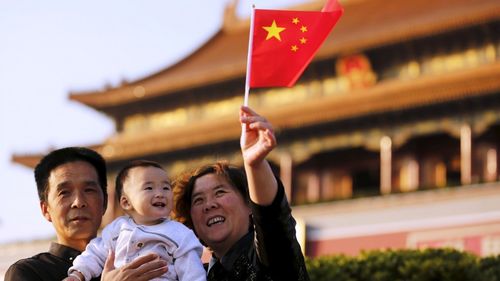Back in 1979 people in China were restricted to having just one child per household. To many of them, this law was heartbreaking because they would love to have siblings for their only child. It took a long time, but almost forty years later the allowed number of children was changed to two per household.
That new policy was assumed to be a direct cause of the increase of births in 2016. That year alone the country welcomed over 18 million newborns, which was an 11.5% increase from the year before and the highest number of births since 2000.
Despite the national increase in births, China has one of the lowest fertility rates in the world and its working-age population is declining rapidly. Therefore, the State Council recently has made the decision to get rid of the birth limits altogether. According to Bloomberg, the policy should be banned by the end of this year.
But people who predict there will be a baby boom happening in China in the near future, might not want to put their money on this bet just yet. There’s still a cultural preference to conceive and give birth to boys. Which is why the country’s population (1.39 billion people) consists of 30 million more male citizens than there females, and many of them might not ever get married or procreate.
Also, the younger generations of Chinese women seem to have other priorities than to get married and have babies. They much rather focus on school and work to ensure a good career path for themselves.
Earlier this year, a survey was held amongst 120,00 people and it showed that 43% didn’t want to have children at all or thought that one child would be more than enough for them. Approximately 34% thought that a household with two kids would be ideal.

